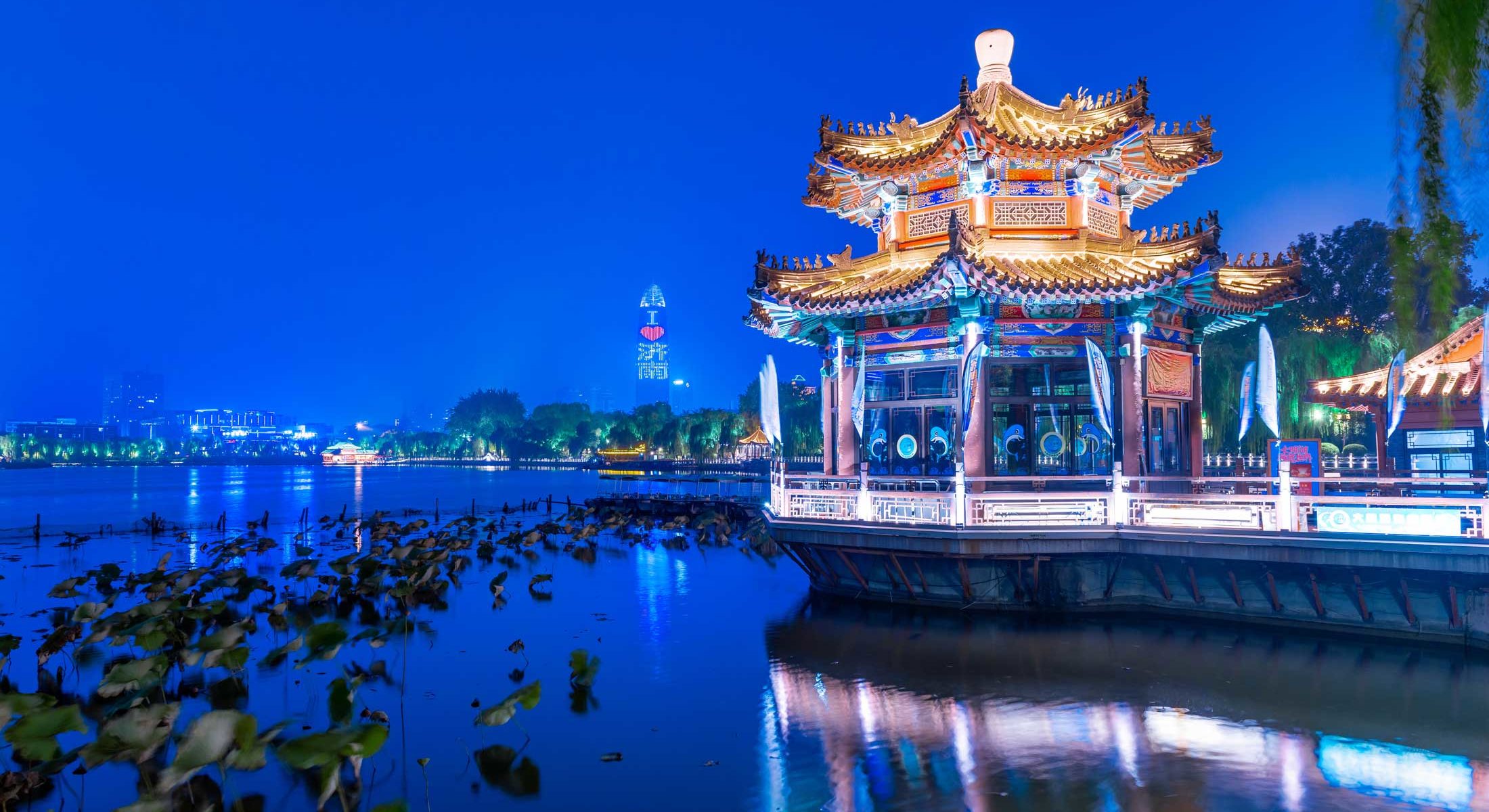Jinan
Sacred mountains, revered natural springs
and Confucian heritage
The people of Jinan are accustomed to natural beauty. Associated with good health, crisp natural water bubbles from springs in peaceful, sculpted parks, and it is no surprise that Buddhist temples and ornate pavilions have grown up near these life-giving wells. Water flows through carved, stone tiger heads into coy-filled ponds, reflecting the thickets of bamboo and willow on their banks.
Baotu Spring is a renowned well, but those in the know head for the ancient Old City and springs including Hundred Flower Pond or Five Dragon Pool in Wulong Tan Park. From here, you can wander narrow, pedestrianized streets to centuries-old temples like Guandi, or sample local delicacies such as Jiaozi dumplings, either steamed or in a soup, at various hole-in-the-wall diners lining neon-lit Furong Jie.
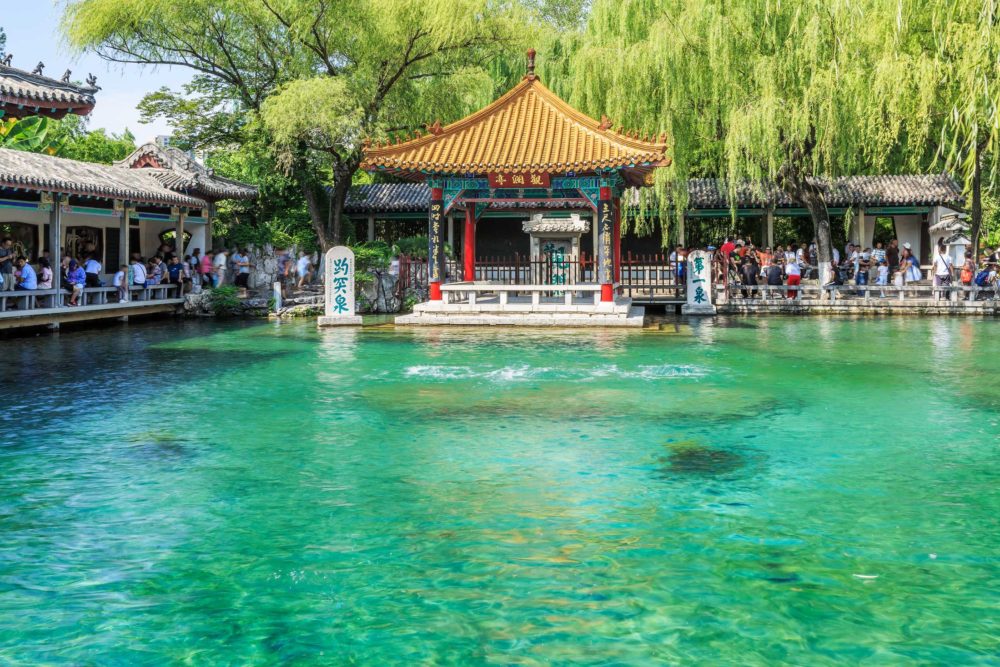
Spirituality is encountered everywhere in the landscape surrounding Jinan. China’s holiest mountain, the UNESCO World Heritage Site of Taishan, has attracted visitors from all over the country for over 3,000 years. The peak is reached via cable car or by ascending over 6,800 stone steps. An assortment of holy shrines and gleaming temples, including that of the Jade Emperor, grace the route.

Although history can be witnessed all around Jinan, the walled old town of Qufu is an open-air museum dedicated to Confucianism. The great philosopher and many generations of his family are buried in Confucius Forest, and the temples and walls are especially pretty at night, when you can join the locals sampling street food at bustling night markets beneath trees lit with fairy lights.
Discover also
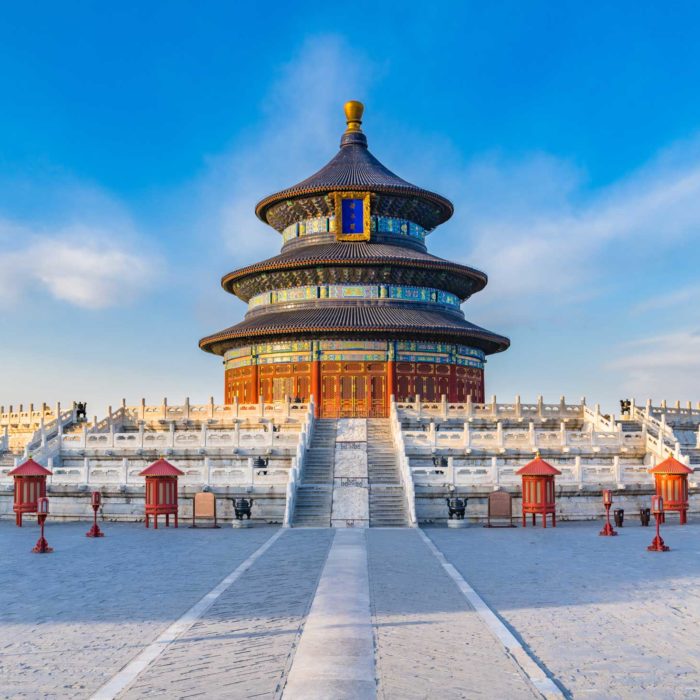
Beijing

Dongguan
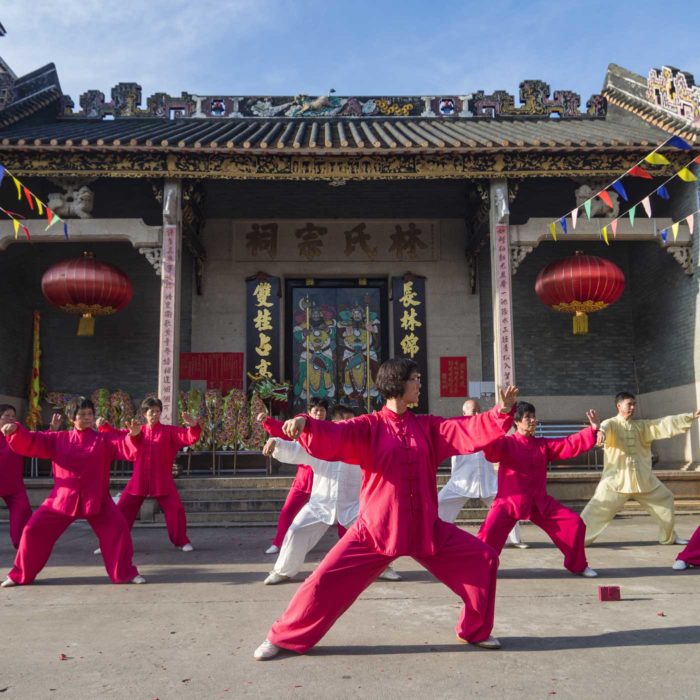
Foshan
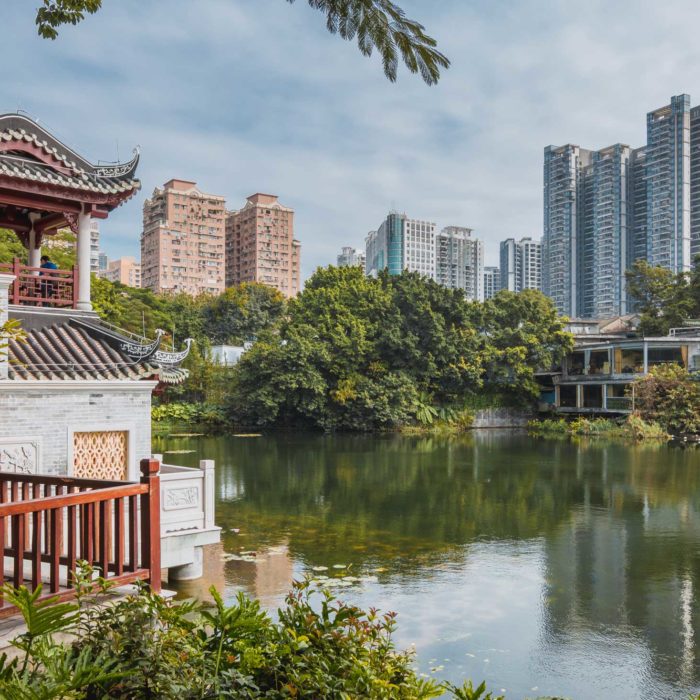
Guangzhou
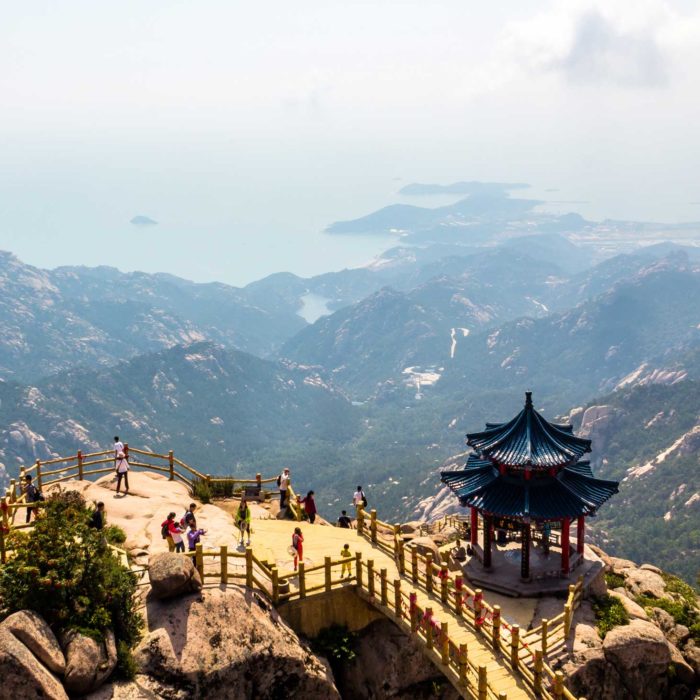
Pingdu
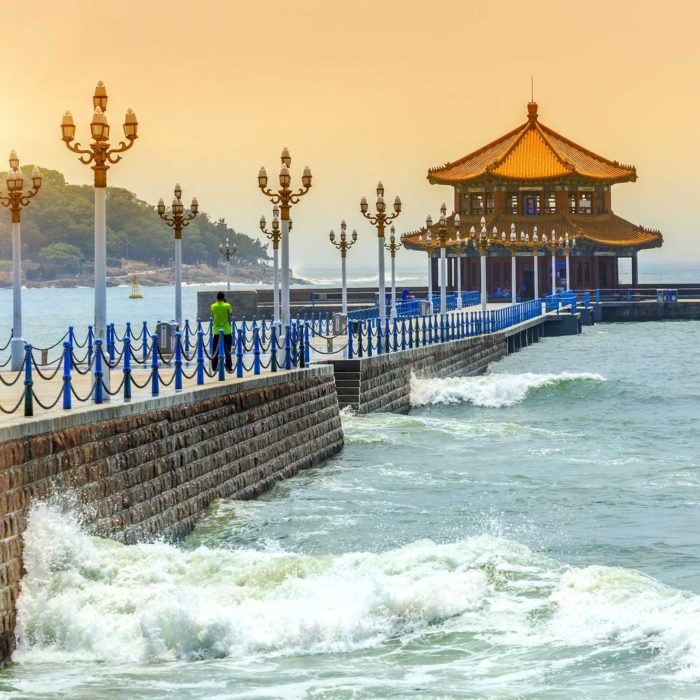
Qingdao

Shanghai

Shenzhen

Wuhan
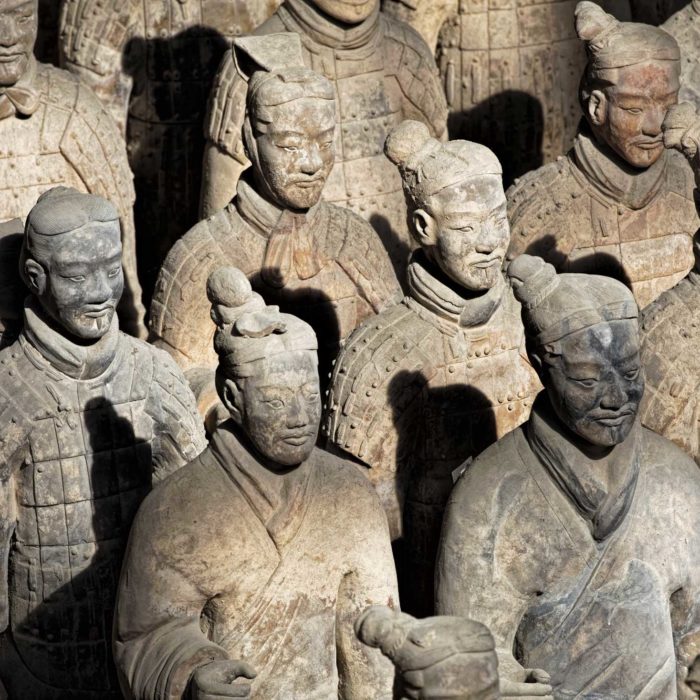
Xi'an

Xiamen
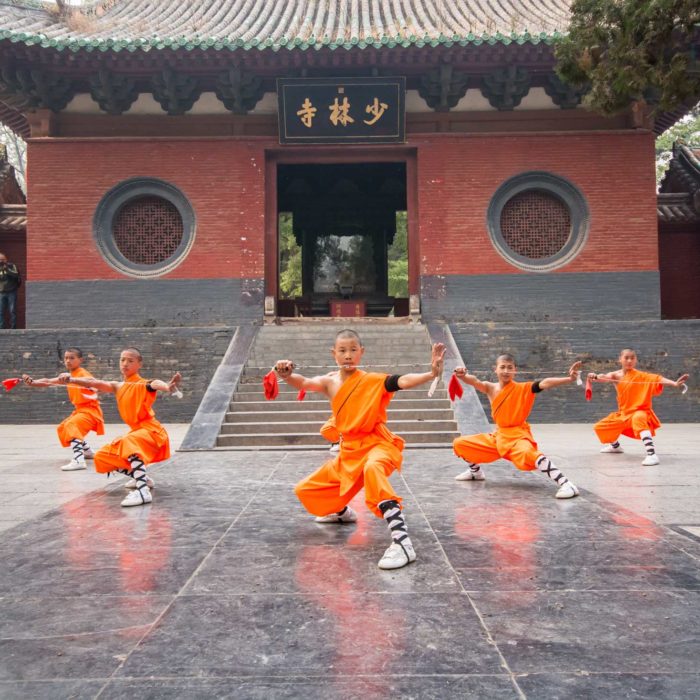
Zhengzhou
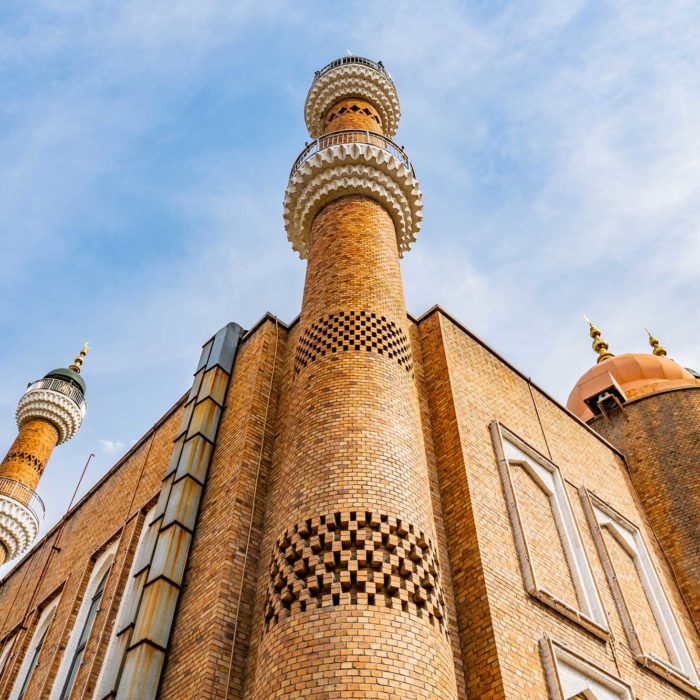
Ürümqi


